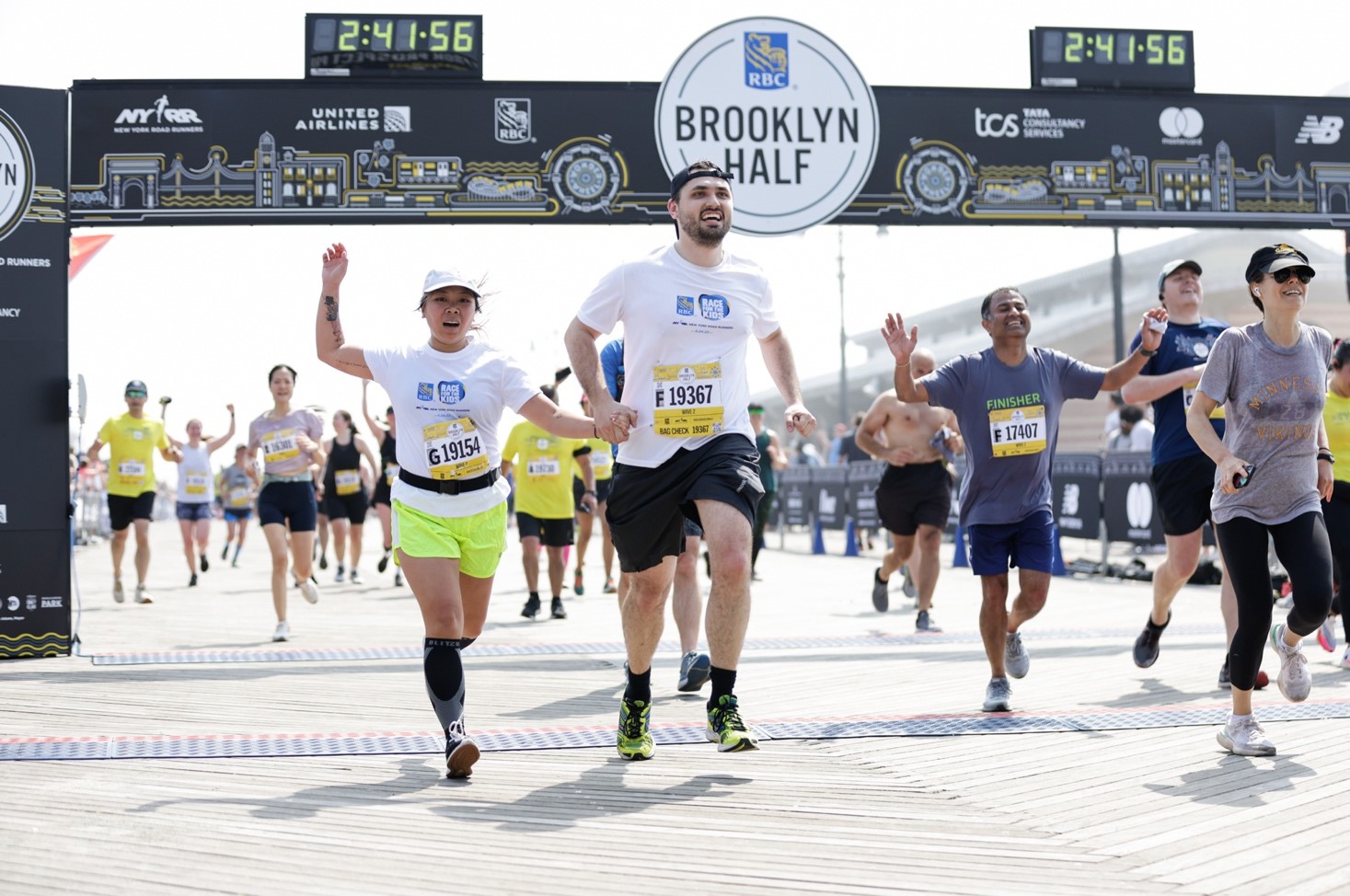What to Know
- Tennis star James Blake was tackled outside a Manhattan hotel on Sept. 9, 2015, by a police officer and handcuffed
- Police said Blake had been mistakenly identified as as being part of a cellphone fraud scheme
- Surveillance video surfaced from outside the hotel that showed officer James Frascatore grabbing Blake's arm and yanking him to the ground
The internal disciplinary trial of a police officer who tackled retired pro tennis player James Blake concluded Tuesday, but the public - and even Blake - might never learn the details of any punishment.
Officer disciplinary records are secret under state law, city officials say.
Officer James Frascatore, who arrested Blake outside a Manhattan hotel in 2015, has been accused of using inappropriate force on someone who never resisted or tried to flee. Frascatore was part of an undercover operation targeting credit card fraud and mistakenly thought Blake was one of the suspects. The arrest was captured on security video.
Lawyers for the police watchdog group prosecuting the case recommended he forfeit 10 vacation days as a punishment.
The judge will recommend to the police commissioner a potentially more severe punishment, including dismissal from the nation's largest police force. The commissioner has the ultimate say.
Blake, who has a black father and white mother, on Tuesday called for the mayor and police commissioner to fire Frascatore, who's white, and to make the decision public.
"Not just for me, but to send a clear message that excessive force by officers will not be tolerated. Anything less is continuing the broken 'politics as usual' approach that fails to protect communities of color harmed by police abuses and brutality," he said in a statement.
A recent city decision to adhere to the confidentiality rules more closely has made the NYPD at odds with an effort to be more transparent. NYPD officials have said they would like to see the law changed, but it's up to Albany lawmakers.
Blake, as the complaining witness, would be entitled to a general idea of the conclusion of the case, though likely not the specifics of any penalty. Blake's attorney has said he believes his client is entitled to the complete findings of the proceeding.
The issue came up during a previous trial for Officer Richard Haste, who shot and killed unarmed teenager Ramarley Graham in 2012. But Haste quit before the police commissioner could make the decision.
On Tuesday, Frascatore's attorney Stephen Worth argued that Frascatore "took extreme care" when arresting Blake.
"He took him down in the most minimally invasive way he could," he said.
Local
But Jonathan Fogel, an attorney for the Civilian Complaint Review Board, said the violence was extreme and unnecessary.
"Where does it stop? This unprovoked violence has no place in society," he said.
Judge Rosemarie Maldonado had earlier closed the proceedings when lawyers sought to discuss the disciplinary history of a former officer called as an expert witness in tactics who was ensnared in a ticket-fixing probe. She said while the public has a right to view proceedings, "this right is not absolute," particularly when it bumps up against the privacy laws.



